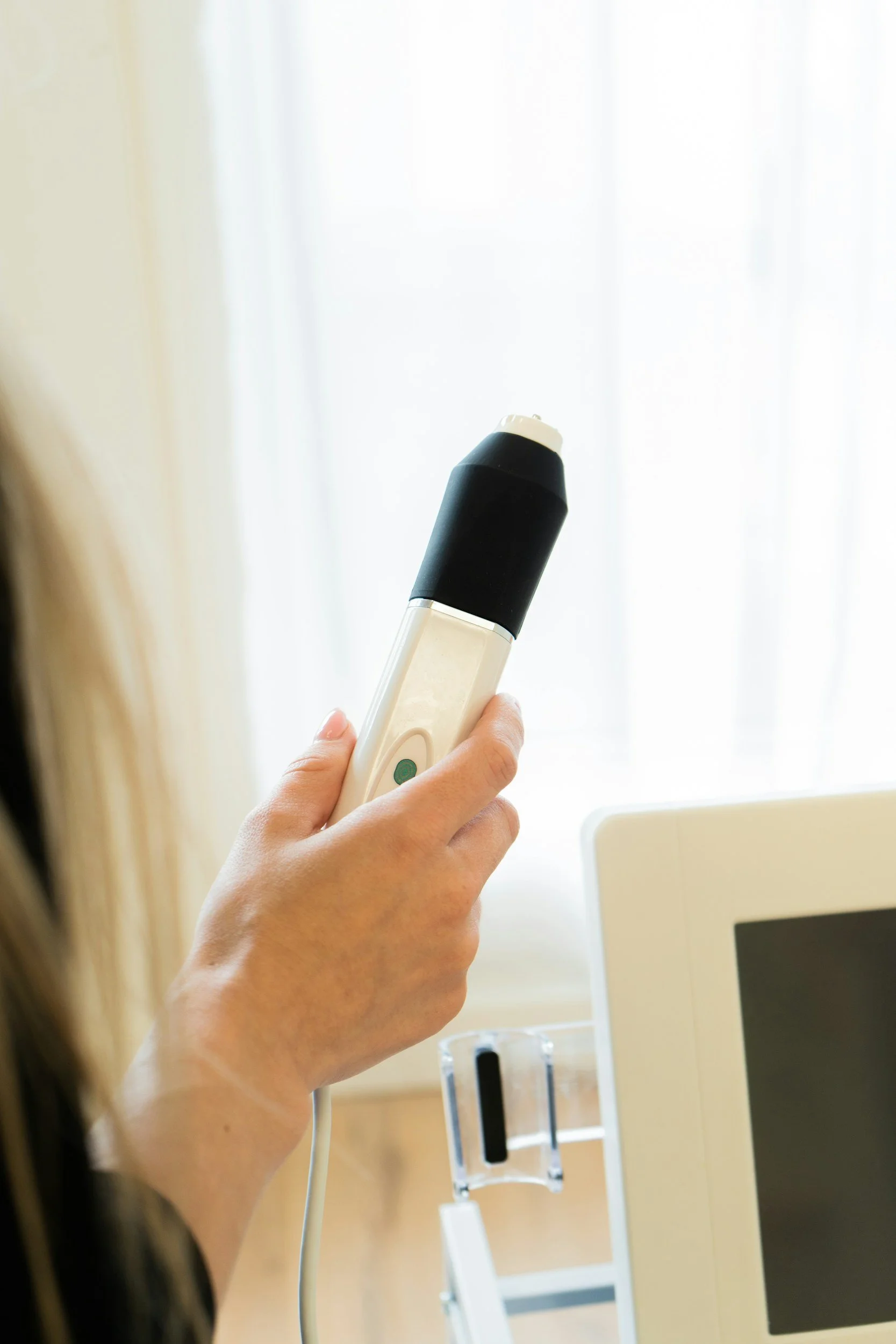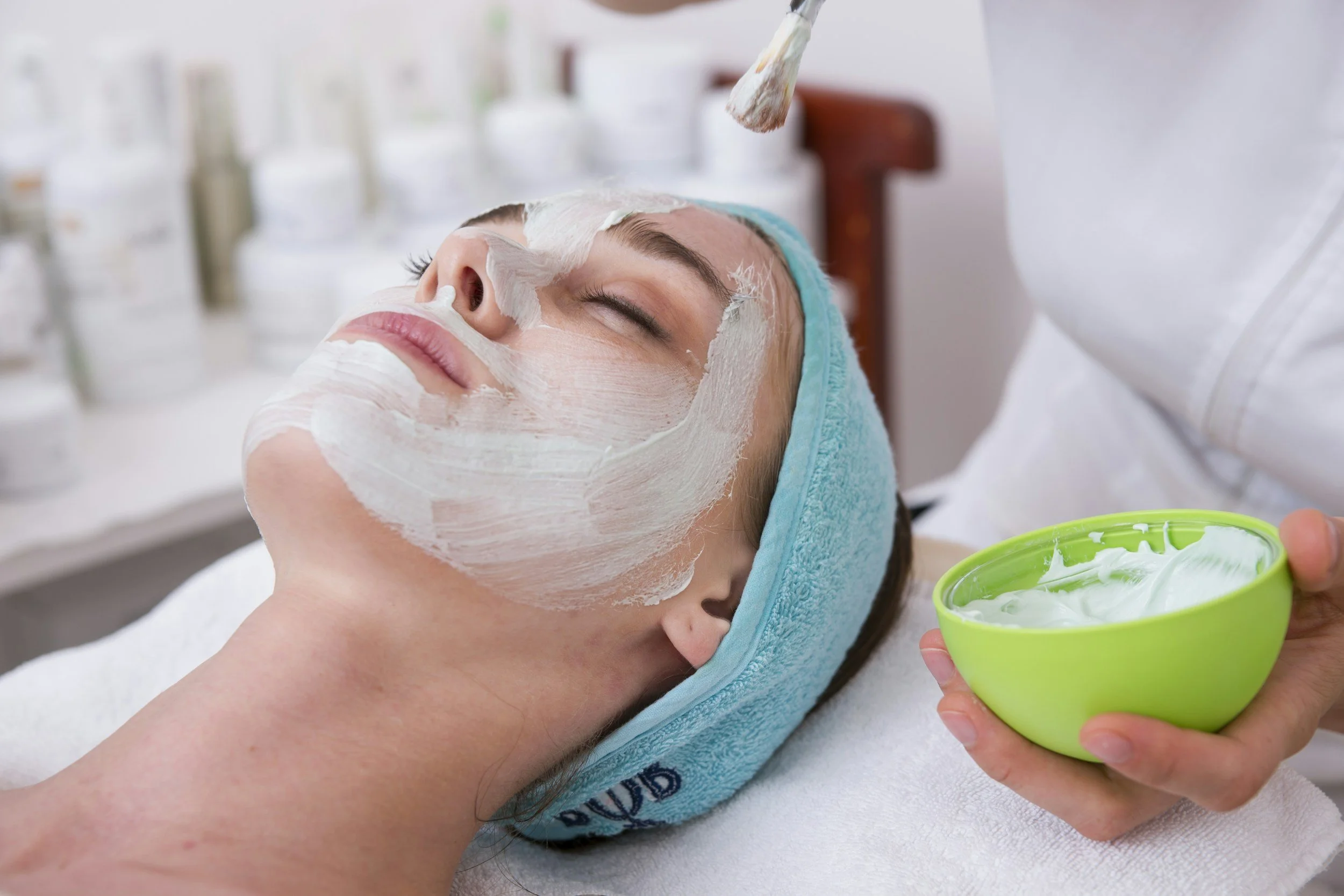Night Esthetician Program in Colorado: Train for a New Career After Work
For many aspiring estheticians, daytime education simply isn’t an option. Work commitments, financial responsibilities, and family obligations often require a more flexible approach. A night esthetician program offers the opportunity to pursue a new career without disrupting your current livelihood.
Why Choose Elite Aesthetics Academy in Denver?
When comparing “cosmetic laser schools in Denver”, you’ll find several options. But not all are created equal. Here’s why Elite Aesthetics Academy is Denver’s top choice — and why it outshines Rocky Mountain Laser College.
Weekend Esthetician Program in Colorado: Advance Your Career Without Quitting Your Job
Many aspiring estheticians believe that career training requires quitting their job or rearranging their entire life. Fortunately, that’s no longer the case. With a weekend esthetician program, working professionals can pursue licensure without sacrificing income or stability.
Daytime Esthetician School in Colorado: Finish Your 600-Hour Program Faster
If you’re ready to turn your passion for skincare into a professional career, enrolling in a daytime esthetician program can be the fastest and most immersive way to reach your goals. At Elite Aesthetics Academy, our 600-hour esthetician program is designed for students who want focused, hands-on training during traditional daytime hours — and the confidence to enter the industry prepared.
Career Opportunities After Laser Technician Training
The reason most people search “cosmetic laser certification Denver” is simple: career opportunities. At Elite Aesthetics Academy, we don’t just teach you how to use a machine — we prepare you for real-world success.
How Long Does Cosmetic Laser Training Take?
If you’re considering “how long is laser training in Denver?”, here’s the answer: weeks, not years. At Elite Aesthetics Academy, our cosmetic laser training program is designed to get you career-ready quickly.




















